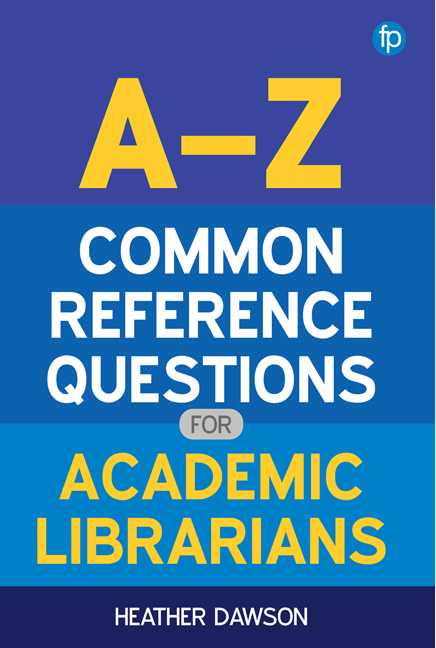Archives
Published online by Cambridge University Press: 19 March 2020
Summary
Typical questions
• Can I access the minutes of Home Office meetings?
• Are there any archives about mother and baby homes in the 1950s?
Starting points
• Many students need to use primary source materials (items such as diaries, letters and manuscripts that provide first hand evidence) in their dissertations. Archives are excellent sources of these. Their holdings can include private papers from individuals (including diaries, notes and photographs), organisational archives (including minute books, documents and photographs), government archives (minutes of meetings, notes and declassified documents) and military records.
• Note, that in some cases there may be restricted access to government documents (which may be classified as secret for a specific time period) or to personal or medical records (due to issues of confidentiality). Local archivists should be able to advise on this. The Freedom of Information section also covers how to make requests for items to be ‘declassified’.
• Archives can be held by national or local organisations, universities and/or charities. Most have their own online catalogues. In many cases, these are separate from the main university library catalogue. Check the website for archive or special collections pages where information can usually be found.
• Increasingly, examples of digitised materials are accessible via archive websites. In some cases, fees apply for downloading. However, it is worth checking whether local or national record offices offer free access onsite.
• Visiting archives may require forward planning. Students should be prepared to reserve items in advance as opening hours may be limited and seats may need to be reserved. They should also check copying policies as in many cases use of digital cameras may be an option.
• Archive catalogues are often confusing for inexperienced students. This is due to the complexity of the records, which are often arranged in a hierarchy. This comprises a top level general collection record or fond which gives the overall scope and has a reference code, e.g. 2LSW. Underneath this, the archivist may sub-divide the collection into sub-fonds relating to distinctive parts of the collection, e.g. minute books and then again into files and individual items. Here is an example:
• 2LSW – Records of the Fawcett Society and its predecessors
• 2LSW/E – Correspondence and papers
• 2LSW/E/13 – Correspondence with other societies – (First World War period).
- Type
- Chapter
- Information
- A-Z Common Reference Questions for Academic Librarians , pp. 20 - 22Publisher: FacetPrint publication year: 2019



